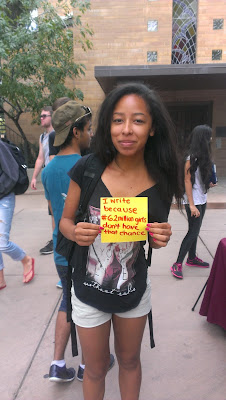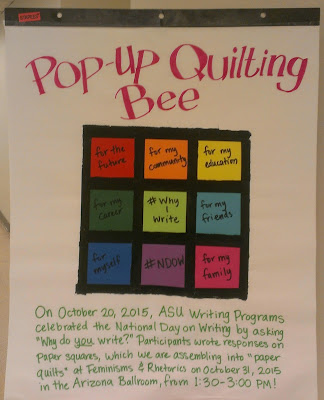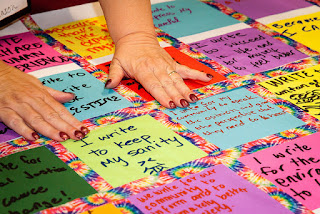Usually when I’m revising, there’s a stage at which I realize I have to cut some stuff, either because it’s kind of tangential to the focus of a paper or because the draft has gotten too long. The writing I have to cut might be just a sentence or a paragraph or two; occasionally it’s multiple pages of text. It can be painful to just delete writing that I spent hours working on, that I think explores some good ideas, or that I just really like how I said it. So about halfway through my Master’s program, I quit deleting stuff I liked from my drafts. Instead, I save it for later.
I am not sure exactly how I arrived at the “freezer” metaphor. Maybe it was because I had recently been reading Plato’s Gorgias, in which Socrates compares rhetoric to “cookery,” and maybe it’s because as a grad student who liked to cook, I always ended up with a lot of leftovers. In any case, I created a folder named “FREEZER” on my cloud drive. It’s got a bunch of files with leftover writing that I’ve cut from various projects over the years. I try to label the files well enough to remember more or less what’s inside them, but some are labeled better than others.
 |
| Partial screenshot of a file folder labeled "FREEZER" in all caps, with several MS Word files inside |
My "leftover writing freezer" comes in handy in two situations: first, if I am searching for a new project to get started, I can look through the freezer for inspiration. For example, two of the files in the screenshot above have text I cut from other work because it needed to be its own project; I just haven't had the chance to get back to them yet. Second, sometimes when I am working on a project, I realize I’ve already written something related. I open up my “freezer,” pull out some of the contents, warm them up through revision, and use them. Having "leftover writing" can help me avoid writer's block.
On the other hand, some of the stuff in my “freezer” is probably too old and stale to be usable anymore. Every once in a while, I open up that folder, check the contents, and decide whether or not to throw anything out. Since file space is cheap these days, I rarely throw stuff out, but when I do it’s because I no longer feel bad about tossing it. Putting bits of my writing in the freezer instead of deleting them is an easy way to make my writing and revision process more effective and less painful.


















